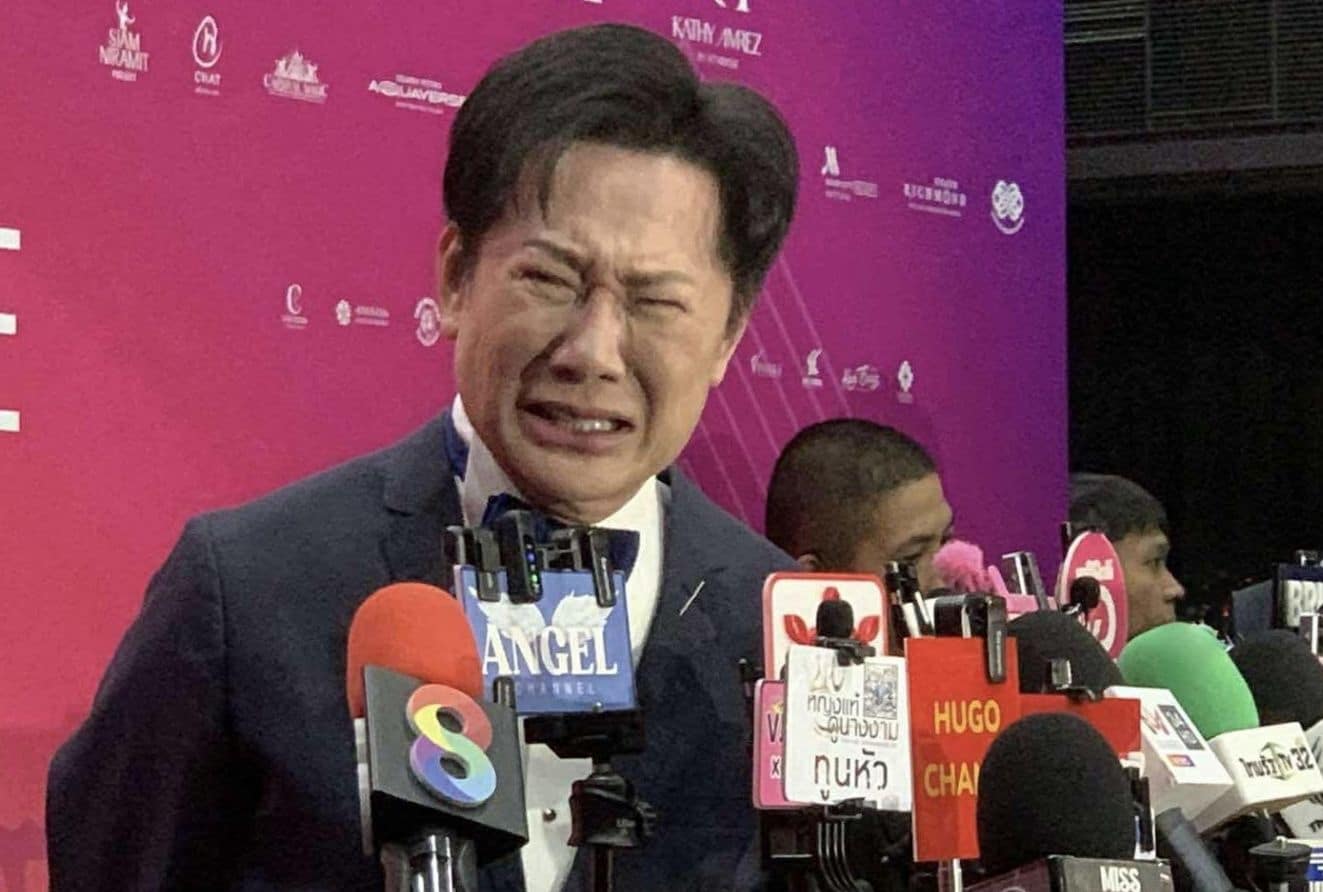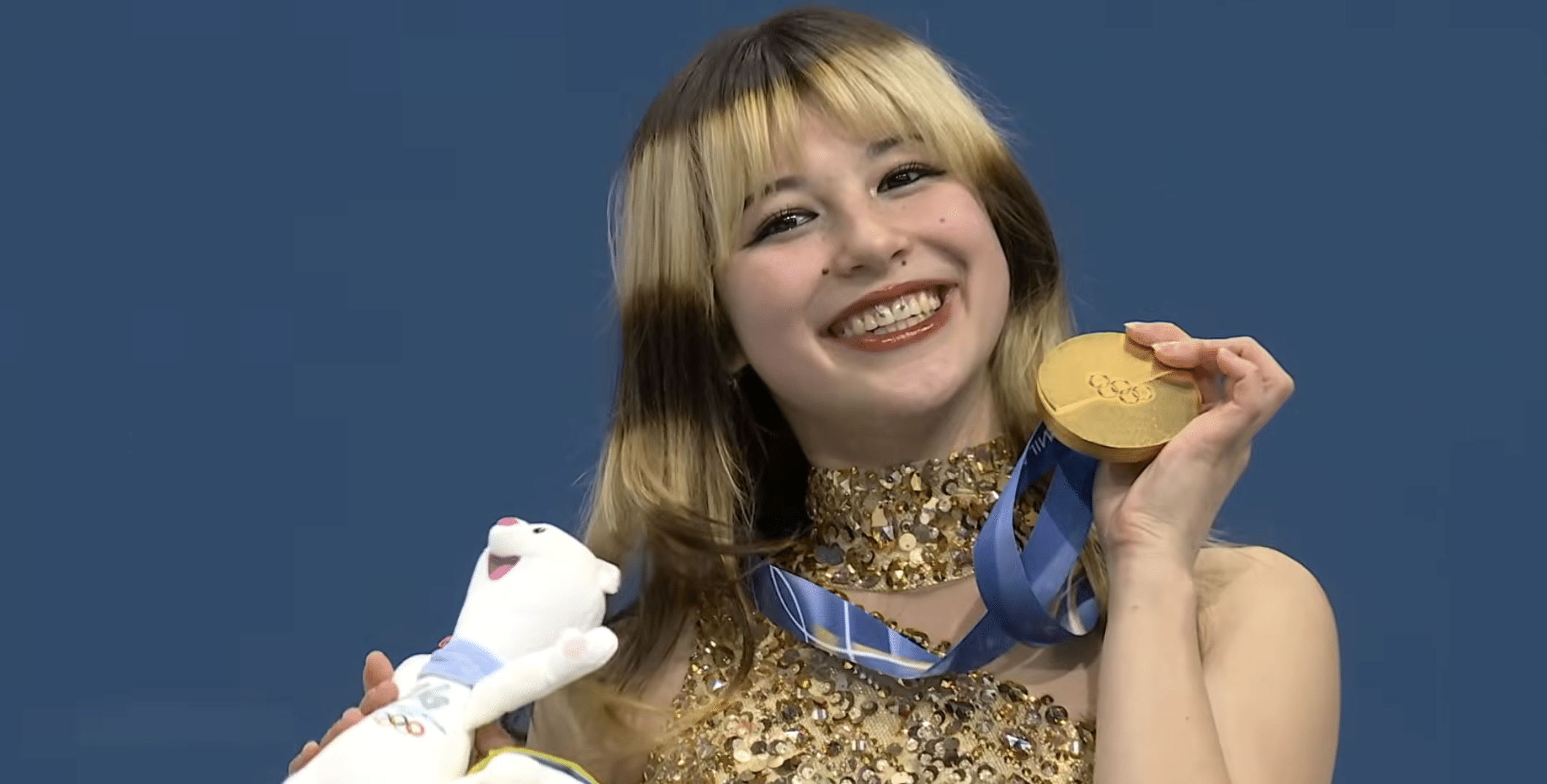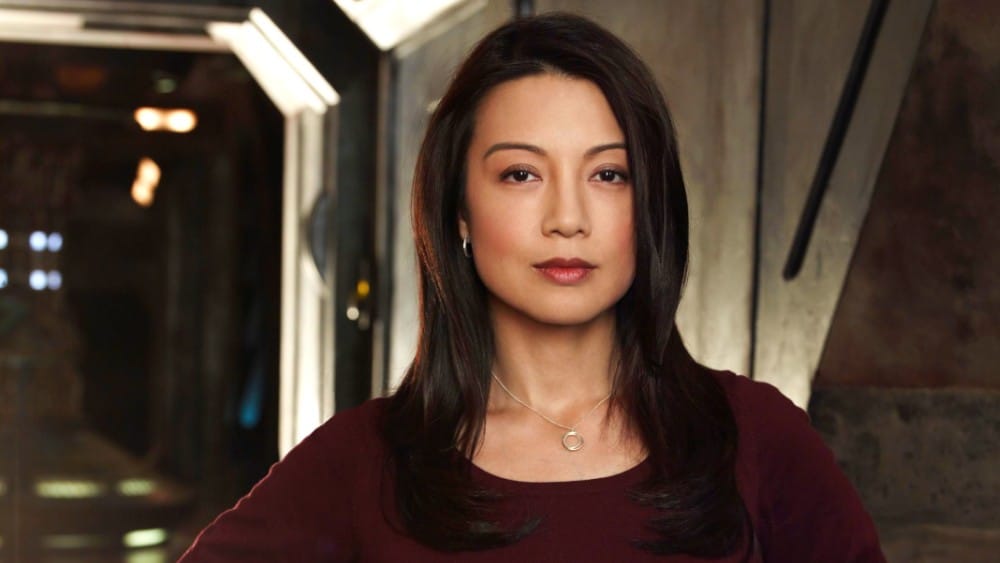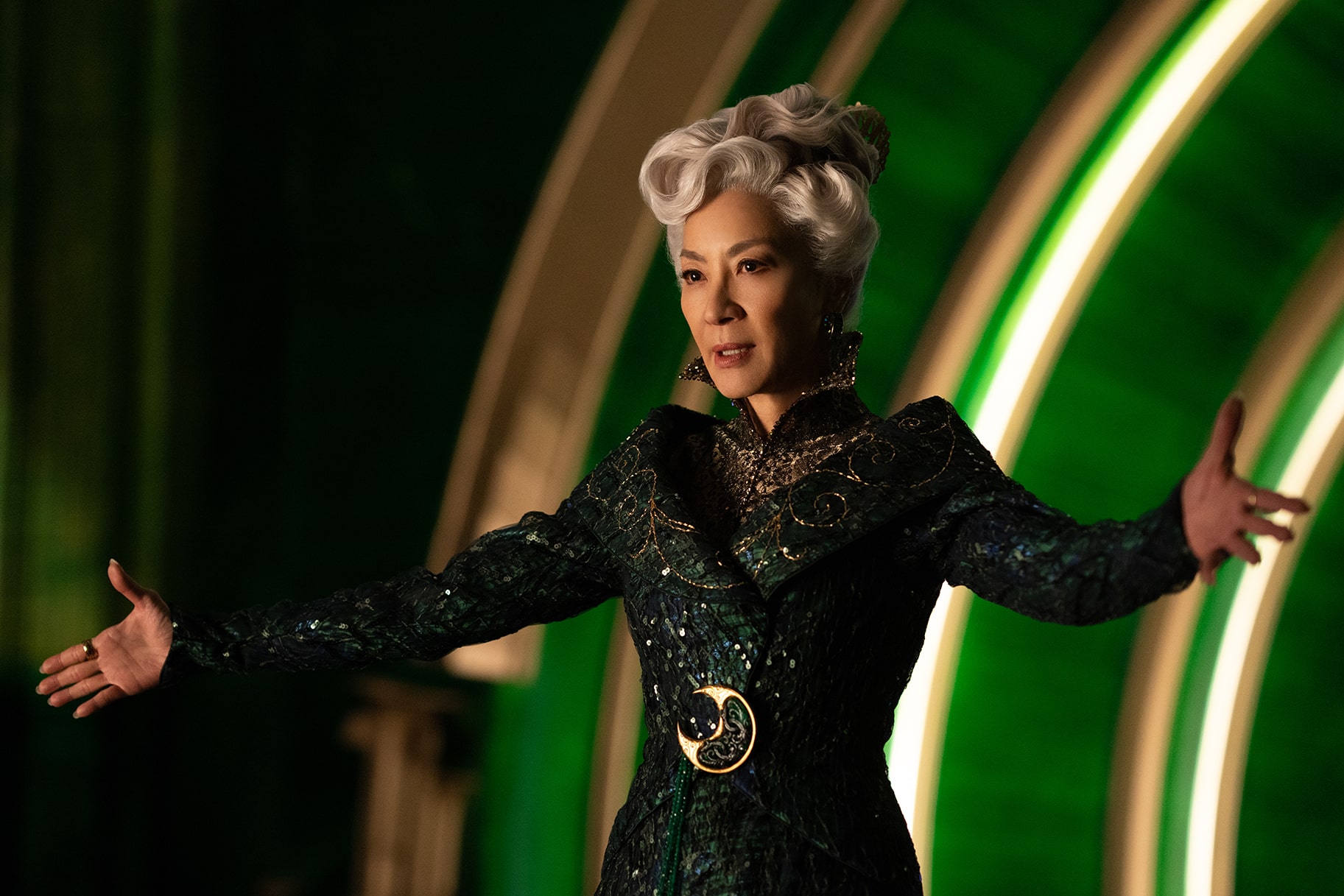The Miss Universe stage is no stranger to controversy — but this year’s drama has spilled far beyond sequins and sashes. Miss Mexico Fátima Bosch has become the centre of an international debate after a heated confrontation with Thai businessman Nawat Itsaragrisil, who holds executive positions within the Miss Universe Organization and Miss Universe Thailand, as well as serving as president of Miss Grand International.
The tension erupted during the sash ceremony on November 3, when Nawat allegedly called Bosch a “dumb head,” a remark that quickly set social media alight.
In a viral TikTok clip capturing the moment, Bosch is seen responding firmly: “We respect you, just as you should respect us. I’m here representing my country, and it’s not my fault you have problems with my organization.”
Nawat then fired back, “No, you must listen to me first, then argue with me,” before Bosch stood up and left the room. As he ordered “Stop. Security,” several contestants, including the reigning Miss Universe, Denmark’s Victoria Kjær, followed her out in solidarity.
@ahtisa_universeph Mexico Walk out in Miss Universe Sahsing Ceremony #mexico #missuniverse #missuniversemexico #fatimabosch ♬ original sound – ahtisa_universeph
According to Mexican outlet N+, the altercation began when Nawat questioned Bosch for not posting on social media about Thailand, the host country. Bosch clarified it was a misunderstanding, but his alleged comment — “If you follow your national director’s orders, you’re a dumb head” — escalated the situation and sparked outrage among contestants.
“No one will silence me.”
Refusing to let the incident slide, Bosch addressed the media alongside Miss Universe Iraq, Hanin Al Qoreishy. “He called me dumb because he has issues with the organization, and I think that’s unfair,” she said.
Bosch continued, “I think the world needs to see this, because we are empowered women and this platform is for our voices. No one can silence it. No one will silence me.”
She closed with what’s now become a viral rallying cry for dignity and self-respect: “It doesn’t matter if you have a big dream or a crown. If it takes away your dignity, you should walk away.”
Her stance was echoed by Victoria Kjær, who told reporters: “This is about women’s rights. We respect everyone, but this is not how things should be handled. Insulting another contestant is a huge lack of respect, and I would never do that. That’s why I’m putting on my coat and leaving.”
Miss Universe Responds
As the controversy gained momentum, the Miss Universe Organization (MUO) released a statement reaffirming its commitment to safety and respect for all contestants.
“The Miss Universe Organization (MUO) reaffirms its commitment to work closely with the host community, the Miss Grand International Organization (MGI), and all local partners to ensure the success of the 74th edition of the pageant,” the statement read.
It added that a delegation led by MUO CEO Mario Búcaro would travel to Thailand “to strengthen collaboration with the host country, MGI, and relevant authorities,” reiterating the pageant’s dedication to “diversity, empowerment, and inclusion.”
Support for Bosch has surged online, with thousands praising her courage to speak up. What began as an exchange between a contestant and an executive may now be a defining moment for the global pageant industry — one that reexamines power, respect, and women’s voices on the world stage.
Nawat Apologizes
On November 5, Nawat publicly apologized at a press conference, telling reporters: “I am human. I didn’t want to do anything like that.”
He continued, “I want to take this opportunity to say something about something that’s happened. Because I am a human. I think you must understand the pressure is a lot, I am a human sometimes. I cannot control. By the way, I have not intend[ed] to hurt anyone.”
Turning and bowing to the contestants, he added, “I have to apologize for the delegates.”
Miss Universe Moves to Restrict Nawat’s Role
A day before the apology, Miss Universe president Raúl Rocha announced via social media that Nawat’s involvement in pageant events would be “restricted,” “limiting it as much as possible or eliminating it entirely.”
Rocha also postponed the sash presentation “to avoid any interaction with Nawat” and called for a formal statement from Búcaro outlining the “legal actions” the MUO would “undertake as a result of the malicious acts committed by Nawat.”
Read more: Swatch Slammed in China for Racist “Slanted Eye” Advert, Boycott Calls Grow
He went on to reveal that Miss Universe would cut ties with Miss Grand International, stating that his trust in the organization had “failed under the unfortunate leadership of Nawat.”
“I didn’t say ‘dumb head’.”
In a follow-up press conference, the 60-year-old media personality denied using the phrase “dumb head,” insisting he said “damage.”
“I didn’t say ‘dumb head’ even one second. I said ‘damage’. If she believed and listened to [her] national director, it’s ‘damage’,” he emphasised.
The dispute, he explained, stemmed from Bosch following her country director’s advice not to promote Thailand. “If you follow the order from your national director, you’re a dumb head,” he was previously heard saying during the livestream.
As Nawat continued reprimanding contestants, Bosch stood up to confront him and walked out. He called for security, prompting Miss Universe Canada, Miss Universe Palestine, and others to exit in solidarity.
Later, Bosch told reporters: “You know that as a country you have all my respect. But what your director just did, it’s not respectful. He called me dumb because he had problems with the organisation.”
The fallout from the confrontation has reignited discussions about respect, power, and accountability in beauty pageants — spaces that often claim to celebrate empowerment, yet continue to reveal tensions beneath the glamour.










